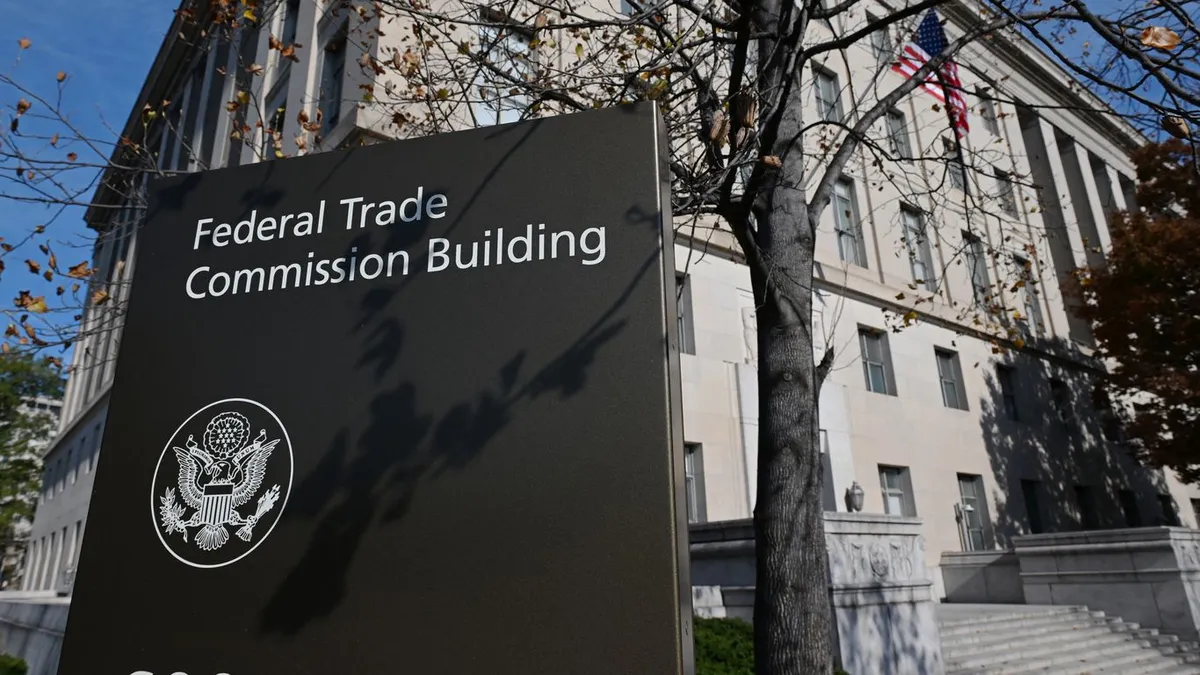
The landmark case of Humphrey's Executor is pivotal in understanding former President Donald Trump's legal strategies, particularly regarding the authority and independence of federal agencies. Decided in 1935, this Supreme Court case established that Congress could limit the President's ability to remove certain agency heads, thereby protecting the integrity and autonomy of regulatory bodies. As Trump navigates his post-presidency legal challenges, this precedent may play a significant role in shaping his approach to federal regulatory agencies.
In a surprising move, Trump recently fired both Democratic commissioners at the Federal Trade Commission (FTC), a decision that has raised eyebrows across the political spectrum. This action is seen as part of a broader strategy to reshape the FTC and exert more control over regulatory decisions that could affect his business interests and the market at large. By removing these commissioners, Trump aims to install officials who align more closely with his administration's deregulatory agenda.
The dismissal of the FTC commissioners has sparked serious concerns among market analysts and industry stakeholders. Critics argue that such firings undermine the FTC's independence and could lead to a significant shift in how consumer protections and antitrust regulations are enforced. The fired commissioners have voiced that Trump's actions should alarm markets and investors, suggesting that the integrity of regulatory oversight may be at risk.
Trump's firings at the FTC are part of a larger pattern of executive actions aimed at curbing regulatory oversight. By strategically placing allies in key positions, he intends to influence the direction of federal regulations to favor businesses, particularly his own. This approach resonates with his historical commitment to deregulation, which he argues is essential for economic growth and job creation.
The implications of Humphrey's Executor extend beyond its original context, serving as a crucial reference point in contemporary discussions about presidential authority and agency independence. As Trump continues to assert his influence over regulatory bodies like the FTC, understanding the nuances of this case will be essential for analysts, policymakers, and the public alike. Monitoring these developments will be vital for predicting future regulatory landscapes and their impact on both markets and consumers.